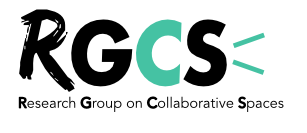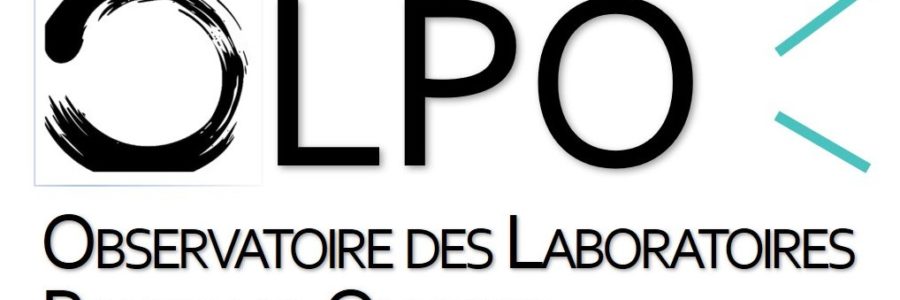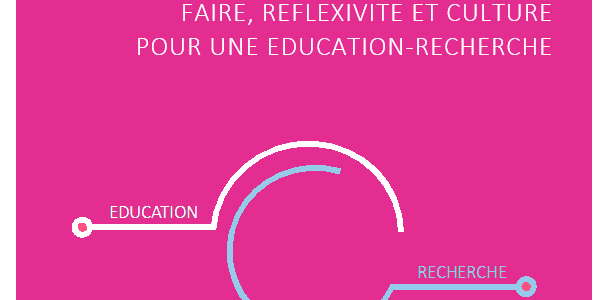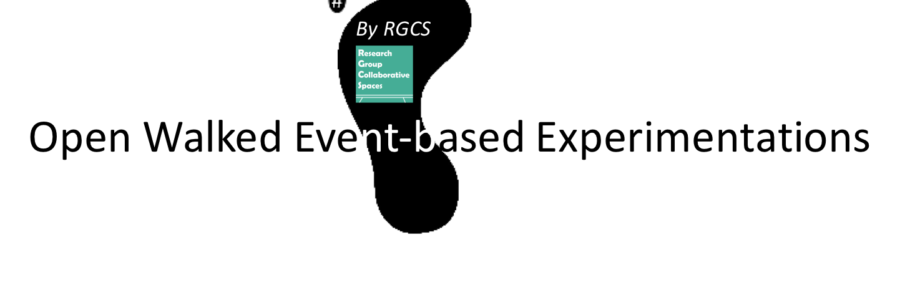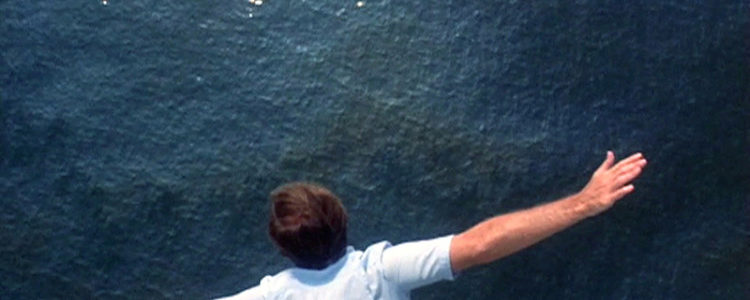Quelques tweets suite à notre open seminar sur l'université ouverte du 23 septembre :

Visionnez la vidéo de l'open seminar :
L'OLPO, l'observatoire des laboratoires politiques ouverts, think tanks / do tanks et bien d'autres sous la loupe des chercheurs du collaboratig !

Pour rappel, le livre blanc sur lequel s'appuie ces propositions :
LivreblancRGCSIIIversionfinaleMerci d'avoir participé !

Et un grand MERCI La Myne pour le pad collaboratif !!
 ==> https://pad.lamyne.org/RGCS-pouruneuniversiteouverte?both
==> https://pad.lamyne.org/RGCS-pouruneuniversiteouverte?both

